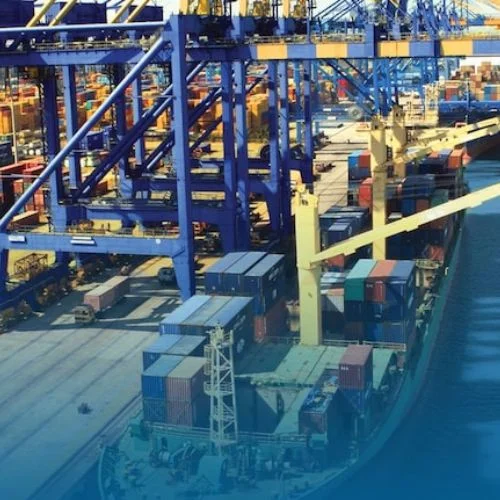According to a representative involved in the planning, India’s national carbon trading system may cover 15% of the nation’s emissions by 2030 and start running in less than two years.
According to Abhay Bakre, director general at the government-run Bureau of Energy Efficiency, the market is likely to first cover significantly polluting industries including steel, cement, paper and pulp, petrochemicals, and aluminium, subject to their readiness.
According to Bakre, the power sector in India may not be included in the system because it now generates 70% of its electricity from coal. He made this statement in an interview given last week in New Delhi. Other methods, such as renewable energy purchase obligations for power retailers and the trading of renewable energy certificates, are promoting decarbonization in that sector.
The compliance market aims to persuade major industrial polluters to reduce their environmental impact and adopt renewable energy technologies, such as carbon capture and green hydrogen. India, the third-largest emitter in the world, wants to achieve net zero emissions by 2070.
Emissions trading will expand on a system already managed by the bureau where businesses can sell energy savings above a set threshold, according to Bakre.
The potential need to create a voluntary carbon market is also still being discussed with industries, he said.
In addition, two Indian government officials indicated that India wants to urge rich countries to become carbon negative rather than carbon neutral by 2050, claiming it would give emerging market economies more time to use fossil fuels for development needs.
India is scheduled to present its plan at the COP28 climate summit in Dubai later this year, despite opposition to requests for it to set a timeframe for ceasing its own use of coal and other fossil fuels.
“The rich countries should become net negative emitters before 2050 to enable the world to achieve the target of global net zero by that year while allowing developing nations to use the available natural resources for growth,” a government official stated.
By 2050, developed nations including the United States, Britain, Canada, and Japan hope to reach net zero emissions. China has pledged to achieve net zero by 2060, while India has pledged to do it by 2070.
The concept of net zero or carbon neutrality states that any action that releases carbon dioxide must be countered by one that removes an equivalent amount. A country must remove more CO2 from the atmosphere than it emits in order to be carbon negative.















